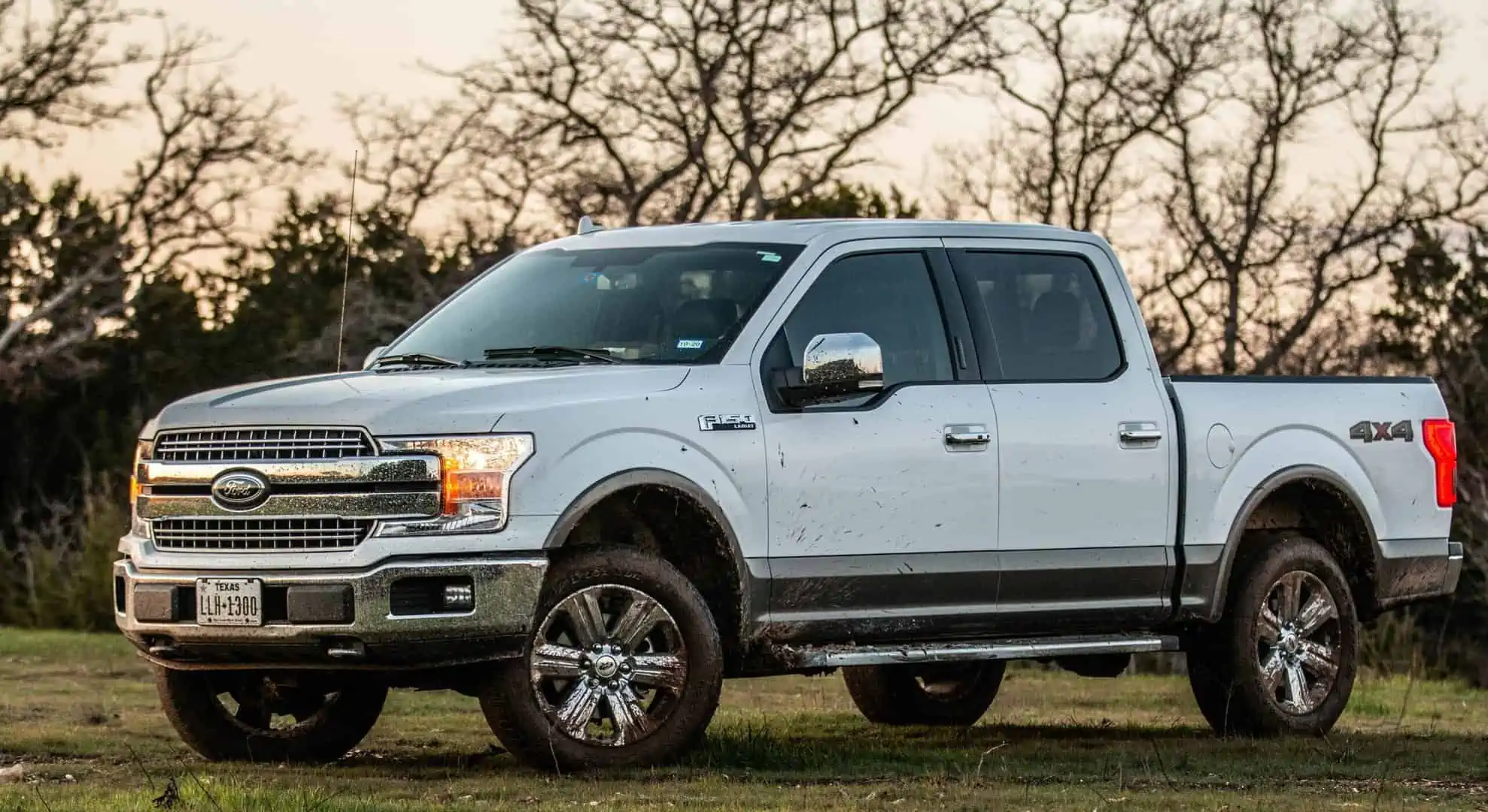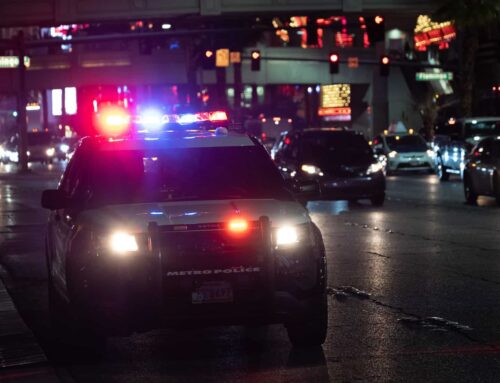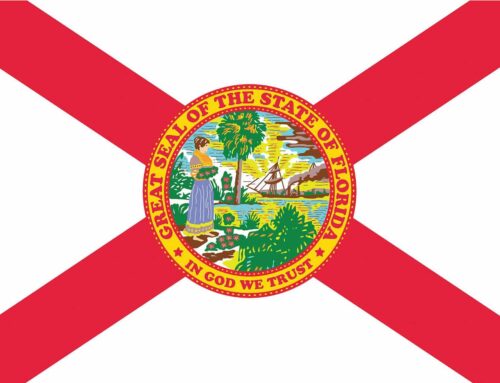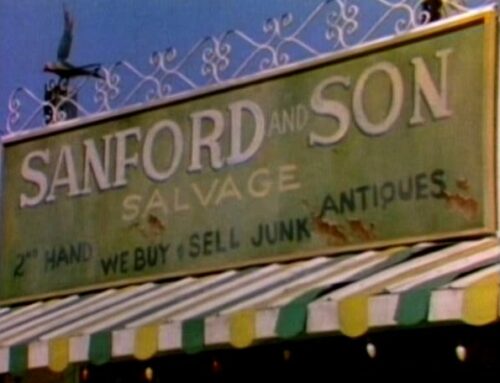Own a business? Chances are you need to have a commercial car insurance policy.
When you own a small business, or even if you use your personal car as an independent contractor – I’m looking at you, courier drivers, Uber/Lyft drivers, real estate agents, musicians, artisans, and salespeople! – a commercial auto insurance policy or endorsement is a must!
Your personal car insurance policy by itself isn’t going to cut it. And if you have employees or others driving your car for business purposes – even if you just sent them to the bank or to pick up lunch for the crew – their personal car insurance not going to protect you and your business.
If you or another driver using your vehicle for business purposes causes an accident and hurts somebody, or damages property, their plaintiff’s attorney will probably sue your business. That’s where they will assume the “deep pockets” are.
And your business owner’s policy (BOP) won’t cover it. They typically exclude auto claims.
So to prevent getting into serious liability trouble, you’ll need to buy commercial coverage separately.
If you use your personally-owned vehicle occasionally for business, your car insurance agent may be able to tailor a custom personal policy for you that provides some coverage for your occasional business use.
If you use your personal vehicle primarily for business, though, you probably need to invest in a real commercial car insurance policy. If you get in a wreck, and your car insurance company finds out that the vehicle is primarily used for business, they will probably deny the claim.
And they’d be right.
Does your corporation, LLC, or other business entity own your vehicle? Then you definitely should invest in a commercial auto insurance policy. Your personal auto insurance policy probably won’t cover you. And it certainly won’t cover you in the event one of your employees has an accident while on the job, either in your company’s vehicle or their own vehicle being used for business purposes.
If you’re in business, you need to practice risk management like a business. And that means owning adequate insurance protection against the very real and very substantial risks that arise from operating vehicles on the road for business purposes.
BACF – Business Auto Coverage Form
Commercial auto insurance policies are generally written according to a standardized form called the Business Auto Coverage Form. This form also includes all kinds of roadworthy commercial vehicles, including trucks, vans, busses, tow trucks, trailers, and any other vehicle designed for the roads and highways.
You Are Liable if You Allow a Bad Driver on the Road.
You are legally liable when you allow someone to drive one of your vehicles. If you fail to take reasonable steps to determine that the driver is qualified to drive or if you allow someone to drive whom you know has a poor driving record and that person causes an accident, you could be liable for “negligent entrustment.”.
For a very serious accident or one with a number of injured people, your personal auto policy may not be enough to cover the damages. In that event, the injured parties would likely sue to collect damages from your business.
Typically, the personal umbrella excludes all claims occurring in the course of a business endeavor.
If a vehicle is used primarily in business, there is likely no coverage under a personal auto policy. If you use your personal vehicle for work occasionally, your personal insurance carrier might be able to tailor your policy to reflect this usage. If the vehicle is owned by a business, there will be no coverage under a personal auto policy.
A commercial auto insurance policy typically includes:
-
Liability coverage, including bodily injury and property damage liability, to pay for injuries, deaths, or property damage if a driver causes an accident while working. This coverage may also pay legal fees.
-
Medical payments, no-fault or personal injury protection, to pay for the medical expenses of the driver and any passengers in an accident, regardless of fault.
-
Uninsured motorist coverage to pay for injuries and sometimes property damage caused by an uninsured or hit-and-run driver. This coverage may also include underinsured motorist coverage if the at-fault driver doesn’t have enough car insurance coverage to cover all expenses.
-
Comprehensive and collision coverage to pay for vehicle damage from theft, vandalism, flood, fire, and damage if a work vehicle is hit by an object or another car.
Commercial policies could include other coverage, like towing and labor, rental reimbursement, and lease gap coverage, but they generally don’t cover tools or other items you’re carrying in the vehicle. A business owner’s policy — which contains commercial property insurance protections — can cover tools owned by the company, while a home or renters insurance policy covers personal belongings in the vehicle.
In today’s litigious society, many insurers recommend a business auto coverage limit of $1 million, with $500,000 as the absolute minimum that even a small business needs to cover the potential damages in a serious accident.
Anything less leaves your business dangerously exposed to getting hit with judgments that could turn into liens, levies, asset seizures, and bankruptcy.
Do Your Employees Drive Their Own Cars for Your Business?
Many times, employees drive their own cars in the course of doing business for their employer. This could mean driving to a sales meeting, making deliveries, making a maintenance or repair call on a client site, picking up office supplies, or any number of other errands.
What happens if your employee has a wreck in the course of doing business for you, and causes injury to a third party or property damage?
You. The employer.
The injured party will probably find out that your worker had an accident while on the job. And they’ll come after your business for compensation.
Your general business liability insurance won’t cover it. They usually exclude auto claims.
Your employee’s auto insurance probably won’t cover it, either. If they do, chances are good that your employee only has the state minimum liability insurance coverage, which is nowhere near enough to protect you in the case of a claim involving serious injury or damage to a newer vehicle belonging to a third party.
In this case, you would need a special type of car insurance policy called hired and non-owned auto coverage (HNOA).
“Hired” refers to vehicles your business may borrow or rent. “Non-owned” refers to vehicles that belong to other people, such as your employees, rather than to your business directly.
So “Hired and Non-Owned Auto” coverage protects you against liability arising from accidents involving vehicles you don’t own that your company is using for business purposes.
Limitations of HNOA coverage
HNOA coverage provides protection from liability to third parties. That is people involved in collisions with you whose property you damage or who get injured in that collision.
HNOA does NOT. It does not protect against:
- damage to your employees’ vehicle, or to your rented or borrowed vehicle;
- the cost of treatment if you or your employee is injured in an accident;
- anything arising from non-business usage of the vehicle
Punitive damages may be awarded in cases of gross negligence, such as drunk or reckless driving. By law in several states, a BACF cannot cover any punitive damages for which you may be liable. Even in states where coverage for punitive damages is allowed, your policy may exclude them.
Special Industry Considerations
Depending on the industry you’re in, you may have to obtain additional industry-specific coverage.
For example, you may need to get a special endorsement for your policy you use your vehicle to:
deliver food, products, or publications;
- tow vehicles
- move freight or engage in general trucking
- carry passengers as a taxi or limo service.
- transport HAZMAT (hazardous materials or flammable substances);=
- carry equipment;
Excess Liability (“Umbrella”) Insurance Coverage.
It’s a great idea for business owners and contractors to have individual umbrella insurance coverage, too. But business owners need more than just the basic personal umbrella personal umbrella insurance typically excludes business claims. Businesses should carry umbrella insurance coverage specifically for the business. This coverage will kick in to protect your business after your base auto, general liability, employer liability, product defect, or other existing policy limits are exhausted.
Think of it this way: Your personal umbrella coverage prevents you from having to liquidate your business to satisfy claims against you, personally, while your business umbrella insurance helps protect your business from being forced into bankruptcy from claims against the business.
Tips for Small Business Owners
Nobody can make risk go away completely. But there are a lot of things that smart business owners do to limit their potential liability, and protect their employees, customers, and everyone else on the road.
1.) Make sure all your drivers have at least three years of driving experience. Car insurance companies have the data: They know that people are the most accident prone within the first three years of driving. And you will have a three year driving track record to look at when you make the hire.
2.) All your driver employees should carry a minimum of $100,000 in liability insurance on their own personal policies.
3.) Do regular ‘ride-a-longs’ with your employees. It’s a great way to get to know your people. And you can identify issues with their driving habits before they turn into accidents and injuries.
4.) Consider limiting physical damage coverage to newer or more valuable business vehicles. It’s not always cost-effective to carry full physical damage insurance on your older junkers and “ugly duckling” workhorses.
5.) Do regular audits of your driver’s licenses and driving records. Have one or more of your drivers been convicted of a driving-related offense, like DUI, DWAI, or reckless driving? Did they disclose it to you?
If you have a driver who’s been concealing convictions for driving-related or drug offenses, consider taking disciplinary action.
6.). Fleet managers: Consider investing in driver safety training for your drivers. Not only is it proven to ultimately reduce accident rates and severity – but it may also get you a discount on commercial car insurance rates, depending on your carrier and the course you select.
7.) Monitor driver behavior. You can use onboard cameras and in-vehicle telematics to monitor drivers. Ideally, these symptoms will give you early warning to correct a problem driving behavior… before it turns into a claim. Or worse, an injury or fatality.
Get a free, no-obligation analysis and quote from one of our highly-experienced agents! Click here to get the ball rolling. You can fill out a brief online form, or you can call us at (855) 438-7353.
See you on the road!
Best,
Steve “Mr. Insurance” Ludwig
CEO, Select Insurance Group.






